Hashd Sha’abi members hang Trump effigies ahead of memorial for top cmdr., Lt. Gen. Soleimani
Members of the Iraqi Popular Mobilization Units (PMU), better known by the Arabic name Hashd al-Sha'abi, have hanged effigies of US President Donald Trump in the capital Baghdad, ahead of a memorial for their commander killed in a US airstrike early last month.
On Monday, mock gallows were erected at the entrances to Sadr City in the eastern flank of Baghdad, in preparation for a ceremony to commemorate 40 days after the deputy head of the PMU, Abu Mahdi al-Muhandis, was killed alongside Lieutenant General Qassem Soleimani, the commander of the Quds Force of Iran's Islamic Revolution Guards Corps (IRGC), and their companions in a US drone strike near Baghdad International Airport early on January 3.
Cut-outs of Trump were hanged in nooses, with his tongue protruding and soldiers in US uniforms.
Enormous portraits of Muhandis and General Soleimani were also erected elsewhere in the district.
An official memorial service will be held for the late deputy head of Hashd al-Sha’abi and the top Iranian commander in Baghdad's high-security Green Zone on Tuesday morning, followed by a public commemoration.
In retaliation for the US airstrike that was authorized by President Donald Trump, the IRGC on January 8 fired a number of ballistic missiles at Ain al-Asad air base in Iraq’s western province of Andar, which houses American troops.
Trump initially reported that "no Americans were harmed" but subsequent reports revealed that troops were injured in the attack, largely with concussions from the missile blasts.
US officials speaking on condition of anonymity told Reuters on Monday that the US military is reportedly planning to announce a more than 50-percent rise in the number of cases of traumatic brain injury (TBI) among its soldiers following Iran’s retaliatory strike.
The officials, who spoke ahead of the announcement, said there were over 100 cases of TBI after the attacks, up from the 64 previously reported last month.
The Pentagon had said on January 31 that a total of 64 US service members had been diagnosed with traumatic brain injuries in the wake of the Iranian missile attack.
Two days after the US attack, Iraqi lawmakers unanimously approved a bill demanding the withdrawal.
Later on January 9, former Iraqi prime minister Adel Abdul-Mahdi called on the United States to dispatch a delegation to Baghdad tasked with formulating a mechanism for the move.
According to a statement released by his office at the time, Abdul-Mahdi “requested that delegates be sent to Iraq to set the mechanisms to implement the parliament's decision for the secure withdrawal of (foreign) forces from Iraq” in a phone call with US Secretary of State Mike Pompeo.
The 78-year-old politician said that Iraq rejects violation of its sovereignty, particularly the US military's violation of Iraqi airspace in the airstrike that assassinated General Soleimani, Muhandis and their companions.
The US State Department bluntly rejected the request the following day.
Iranian diaspora in EU, UK deplore ban on national airline
VIDEO | Press TV's News Headlines
Israel’s military struggling with shortage of troops: Report
Iran calls for more efforts to establish peace in Gaza, Lebanon
Israel targets journalists in southern Lebanon to mask atrocities
Trump vs Harris: A choice between two deranged war hawks who cheer genocide in Gaza
Over 1,800 Palestinians killed in Israel’s month-long attacks in northern Gaza
UN official urges Egypt to seize Israel-bound arms ship MV Kathrin


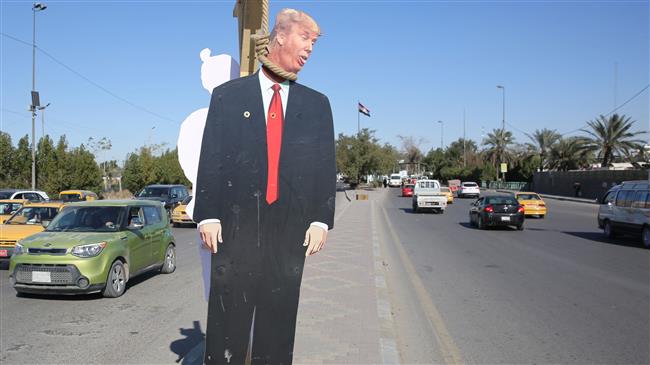




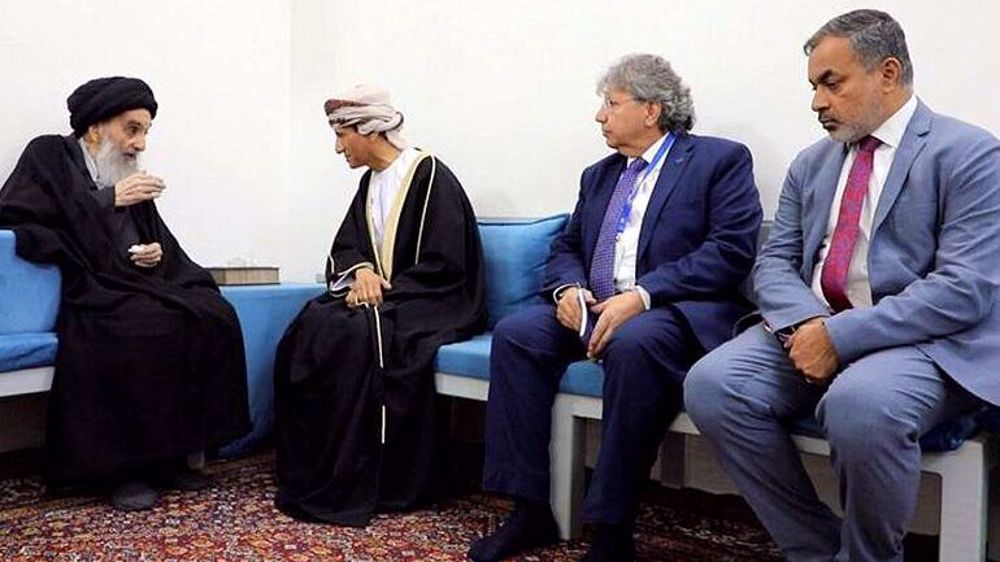
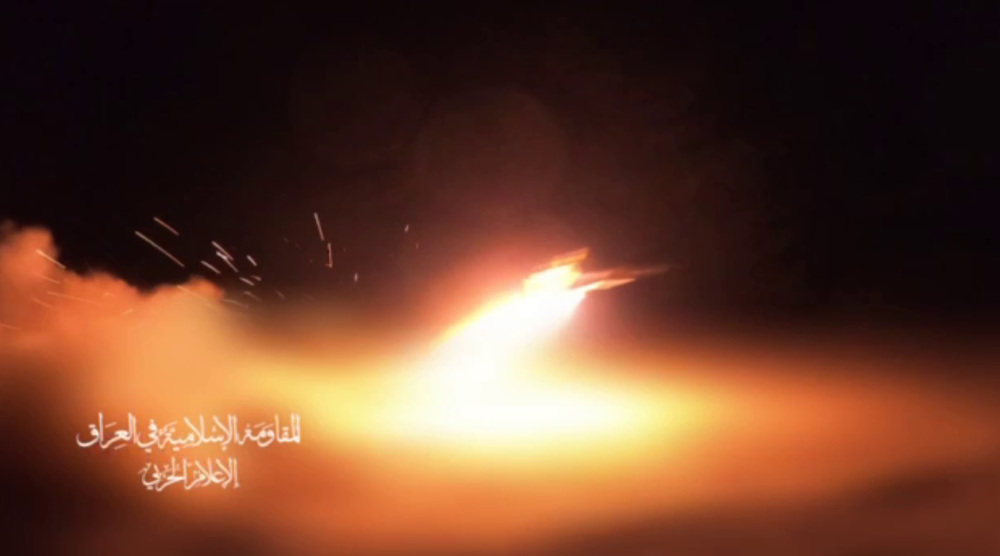
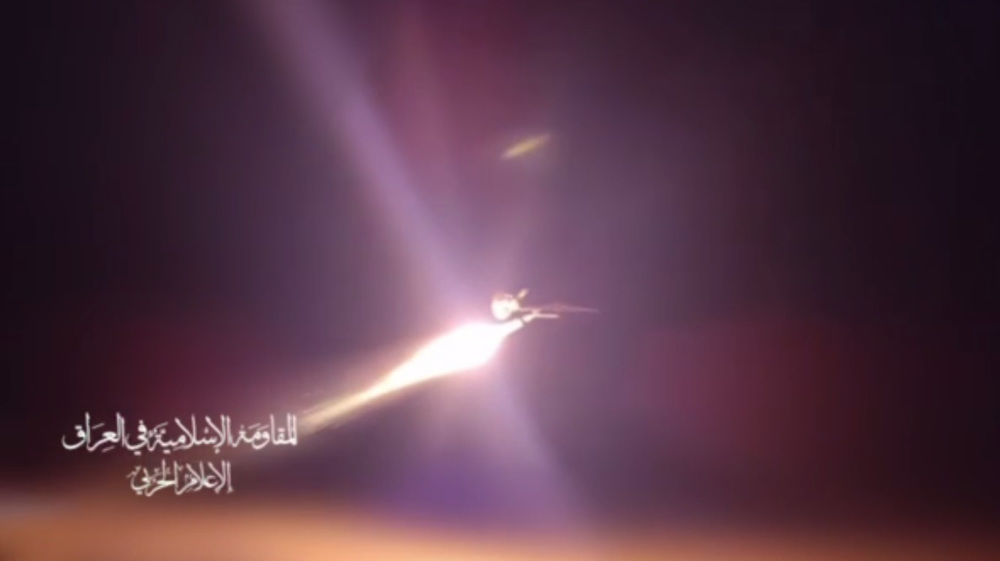



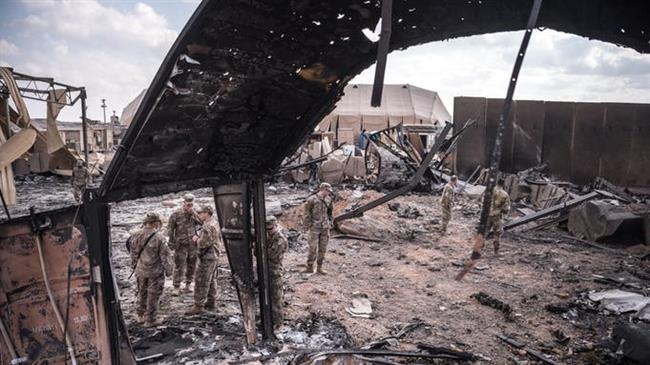
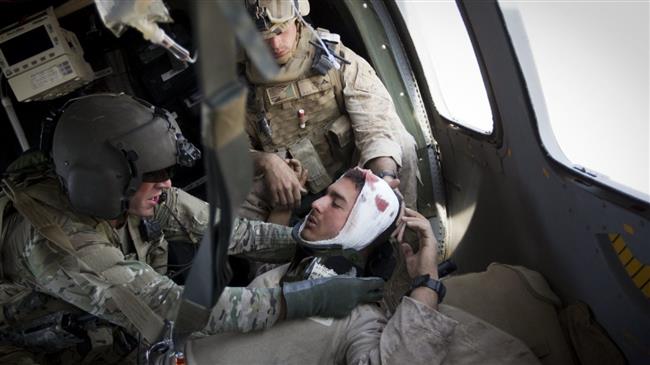
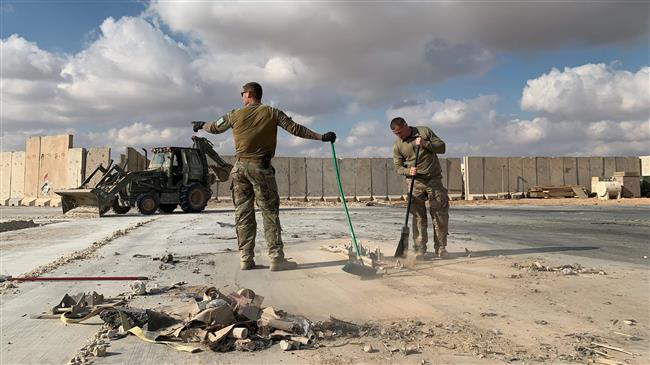
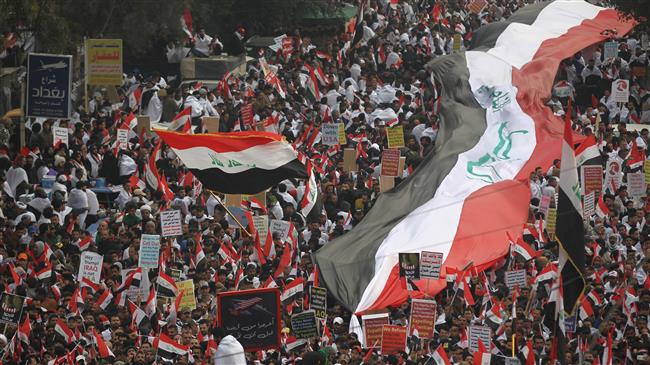
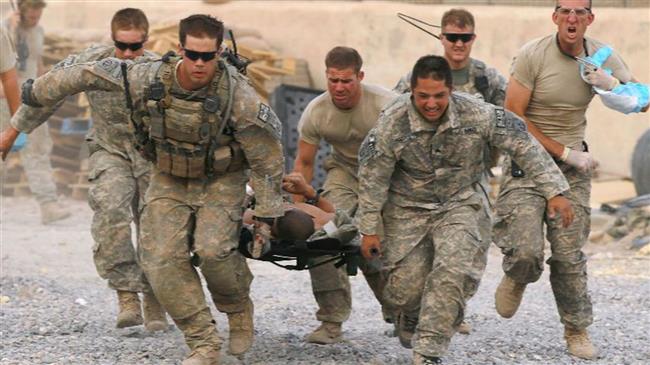
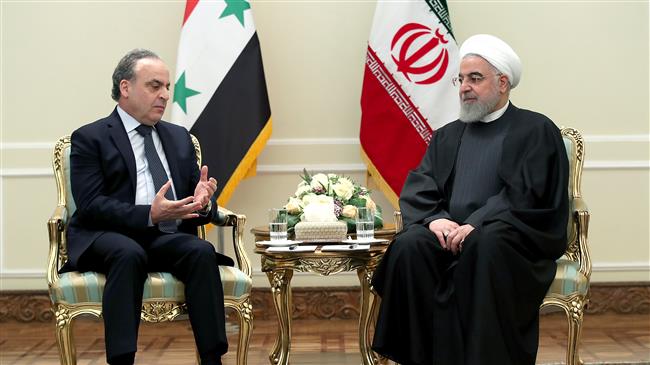

 This makes it easy to access the Press TV website
This makes it easy to access the Press TV website